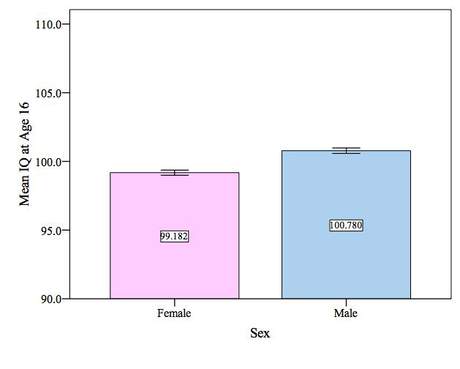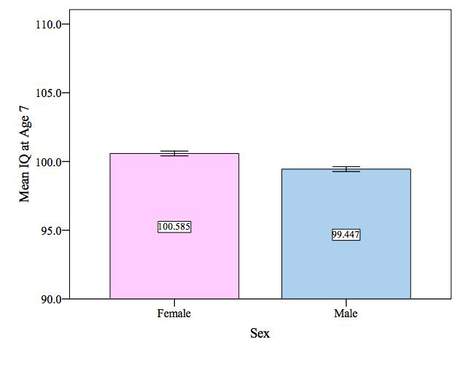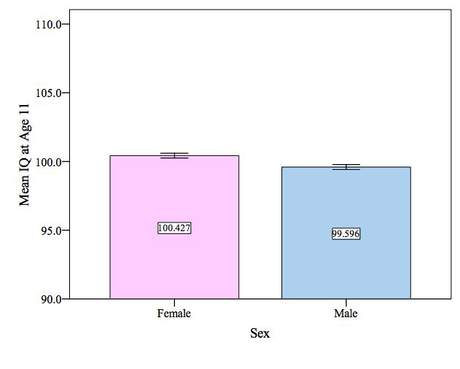It’s well known that exercise of self-control drains a “battery” - studies have shown that a sequence of willpower-taxing tasks become effectively more challenging, and that the obvious alternative explanations don’t apply - the depleted resource is specific to self-regulation. One alternative I think should still be examined: repeated demands for self-control which aren’t commensurately rewarded, should rationally lead to apathy. But at least one study had a real consequence for lack of willpower: subjects overpaid with their own money, so it wasn’t the case that the tasks and their rewards were merely artificial tokens.
Baumeister et. al survey the evidence that willpower can also be generally improved by practice. It’s pretty weak, but if you’re hoping to self-improve, you can find some reasons to hope.
Best results were obtained among participants who were assigned to improve their posture whenever they thought of it. Other participants kept track of what they ate, and these showed some improvement. The group that was assigned to try to improve their mood state whenever they felt bad did not show any benefit from this exercise.
But maybe improving your posture or diet builds your willpower reservoir directly (suppose you were to do this due to pleasure in playing a sport, or having someone you love prepare better food for you, or you for them …). Still, good news either way (if it’s easy to improve posture and diet, and it leads to more willpower, fantastic).
(Oaten & Cheng, 2004a) enrolled participants in physical exercise programs for 2 months. The exercise programs included weightlifting, resistance training, and aerobics, and each participant received a program designed by a gym staff member specifically suited for him or her. A staggered waiting list control group design was used so that all participants eventually received the exercise program. The hypothesis was that adhering to an exercise program requires self-regulation, and so 2 months of such regular effort would improve the capacity for self-regulation in general.
This substantially reduced the ego depletion (where one challenging self-regulation task decreases performance on another such task immediately following it). Again, I’d think it may be physical exercise that improves the willpower battery’s capacity or usage rate, not the use of willpower in order to perform the exercise (substitute some more fun exercise program, like sex, or a sport the subject enjoys, and see what happens).
people who performed the exercise routines became more successful at reducing their cigarette smoking, alcohol use, and caffeine consumption. They ate less junk food and ate more healthy food. They reported improvements in emotional control and a reduction in impulsive spending. They reported studying more and watching less television. Even some domestic habits (e.g., washing dishes instead of leaving them in the sink) also improved across the exercise program
I would explain this with consistency and identity effects, not willpower. But this is still useful. Since this was a prospective study with (I assume) no dropouts, we can reasonably guess that the exercise in fact caused this.
only some of these behaviors could plausibly be directly linked to the exercise itself
If the above survey-based claims of generalized self-control improvement (which were not directly measured). It’s obvious that you can’t separate survey results about whether the respondent has positive qualities from changes in their tendency to signal positive things about themselves (if they exercise, they’re physically more attractive and perhaps more confident in credibly claiming virtue, and also honestly view themselves as more virtuous).
Participants signed up for a 4-month program on financial monitoring. Each participant met with the experimenter, individually, at the start, and together they reviewed the participant’s bills and spending habits and devised a personal money management plan. [Through use of diaries and logs], most participants improved substantially in regulating their use of money.
Again, the ego-depletion effect decreased in magnitude after just 1 month of following the budgeting and record-keeping regimen. And, again, survey responses indicated that people were improving their diet, reducing drug use, cleaning their house, keeping promises, and studying. This time they measured stress (PSS), distress (GHQ), and self-efficacy(GSES) also, and there was no significant difference. Identity/consistency effects can’t be ruled out, but this is finally doing a pretty good job at indicating that regularly practicing control over some part of your life has a generalized self-control training effect.
Studies showing a reduction in ego-depletion from some non-exercise, non-diet, “responsible” self-monitoring intervention do not necessarily make people feel significantly better (students following a structured studying program did feel less stress, but the budgeting exercise left people feeling about the same), and definitely don’t significantly improve GSES (self-efficacy). So the improvement is more focused, and it may be fair to call it an improvement in general self-regulation. One reason for caution: all these studies are by the same folks (Oaten & Cheng) who seem to really like the idea that willpower can be trained.
Gailliot et al 2007 test ego-depletion by presuming (evidence from Gordijn et al 2004) that overriding prejudice uses the same willpower resource; the initial task is to talk about a typical day of a particular hypothetical obese or homosexual person, while “avoiding stereotypes” (whatever that means - basically, second guess and filter your creativity when it’s too quintessential, which should be tiring); the follow up task which should suffer from ego-depletion is anagram deciphering performance (anagrams are thought to require executive function, because trying all possibilities is taxing?). People who showed low in motivation to avoid prejudice did worst on anagrams.
This doesn’t tell me much because both activities are globally tiring. Baumeister et al assumes that the thing that’s tired out is exactly “willpower”, which seems questionable to me, unless they also show, as was done with other ego-depletion measures, that performance on other metrics (e.g. arithmetic) wasn’t also degraded. Also, they seem to presume that it’s not the case that the people who tend to be good at inventing non-stereotypically are simply smarter, and thus better at anagrams. They attribute entirely to ego depletion the difference in performance between the better and worse stereotype-suppressors (the worse ones must be “trying harder”). Very sketchy.
The Gailliot willpower-practice exercise was to use the off-hand (non-dominant left/right) for everyday activities: brushing teeth, stirring drinks, computer mousing, carrying, eating, opening doors, etc. Also explored was verbal self regulation: avoid slang (e.g. “yes” not “yeah”), don’t start sentences with “I”, and don’t curse. Both exercises (followed for 2 weeks) gave an improvement in anagram performance compared to the no-exercise group, but only for those who had trouble with the stereotype suppression exercise. Perhaps this gives some evidence that the anagram task really does measure ego depletion. Perhaps this means that the only people who benefit from willpower training are those who have an unusually low amount of practice exercising it; or it may only mean that the draining preliminary task (making up a story) is just really easy for some people, so their willpower might have improved from the exercises, but the test wasn’t challenging enough to show any difference.
My largest objection to this area of research is that there’s no proposed physical mechanism or detection of these purported changes. I don’t need that kind of evidence to believe something about human behavior, but it’s extremely easy to draw the wrong conclusions from purely behavioral studies.
My next objection is that the control groups (who are assigned NO regular exercises) are poorly designed given that the followup ego-depletion test is a repeat of the initial one; those who are assigned exercises are often remembering the ego-depletion test; the control group is never reminded at all. So the control group isn’t controlling for task-specific learning/priming effects (you can definitely learn or refresh memories by visualizing/reviewing, not only by doing).
Summary: I now believe (70% likely) that people who are easily ego-depleted can train to become significantly more normal, if they’re able to institute some self-regulation habits over a long period of time (2 weeks or more). It’s unknown (50% likely) whether people who already have regular self-regulation exercise can benefit from more volume or intensity in that area. Also, (60% likely) improvements in exercise and diet (I would guess sleep also) may give better ego-depletion capacity, supplementary the fact that applying them involves exercise of self-regulation.
I have no idea if habits that involve self-monitoring and adjustment, that are easy to follow because they’re immediately rewarding or self-image-enhancing, are just as good for willpower training as things that are subjectively grueling and painful. I definitely won’t embark on any heroic efforts in that direction without stronger evidence; what I will do is ensure that I’m regularly working on changing something in my life (whatever seems most productive at the time).
There’s also some evidence that
willpower can be buttressed with sugar (the brain needs glucose):
Acts of self-control deplete relatively large amounts of glucose. Self-control failures are more likely when glucose is low or cannot be mobilized effectively to the brain (i.e., when insulin is low or insensitive). Restoring glucose to a sufficient level typically improves self-control. Numerous self-control behaviors fit this pattern, including controlling attention, regulating emotions, quitting smoking, coping with stress, resisting impulsivity, and refraining from criminal and aggressive behavior. Alcohol reduces glucose throughout the brain and body and likewise impairs many forms of self-control. Furthermore, self-control failure is most likely during times of the day when glucose is used least effectively.


